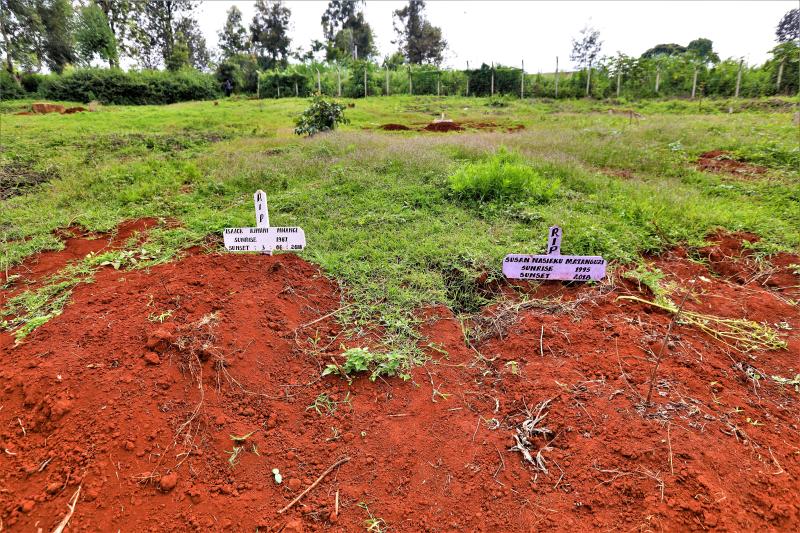×
The Standard e-Paper
Stay Informed, Even Offline

In March, Thomas Kimathi and his family shocked neighbours in Wiyumiiririe village in Nyeri when they announced plans to bury their father at the Baden Powell Cemetery.
Villagers thought of the idea as abominable. To them, it amounted to throwing away their beloved into the ‘bush’.